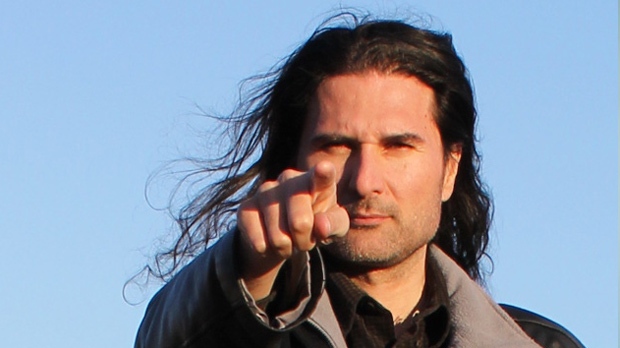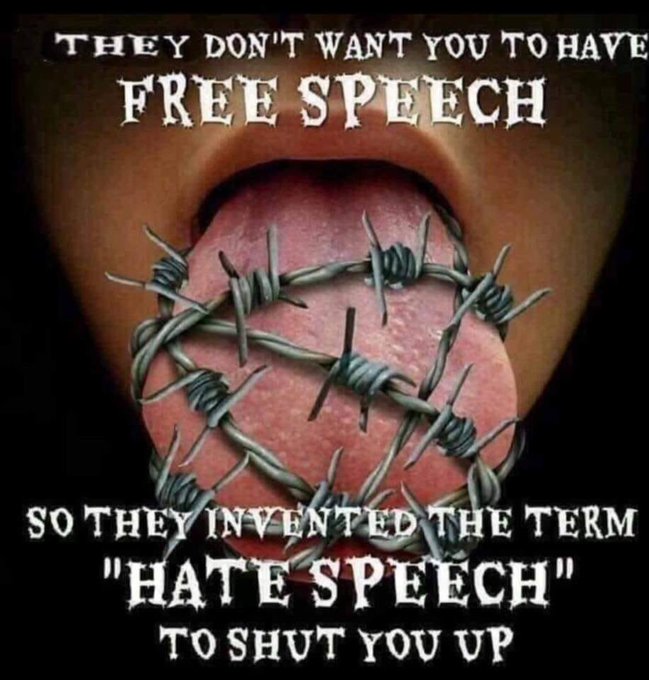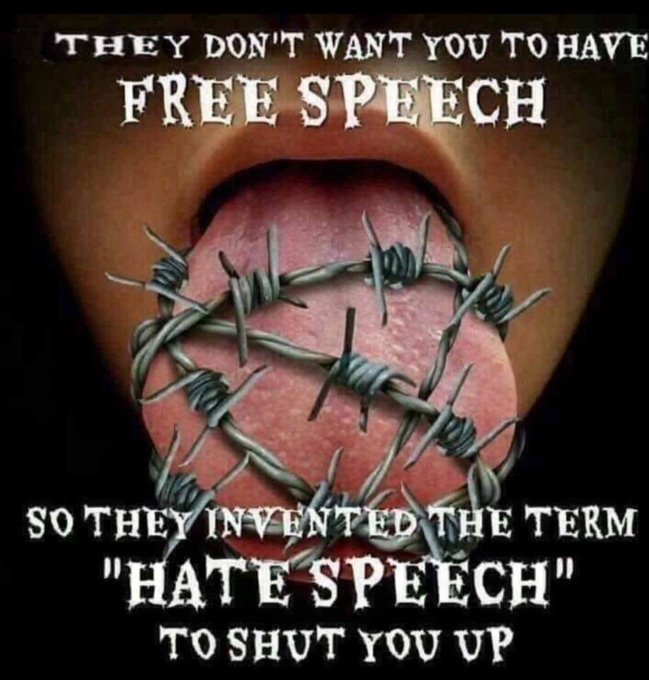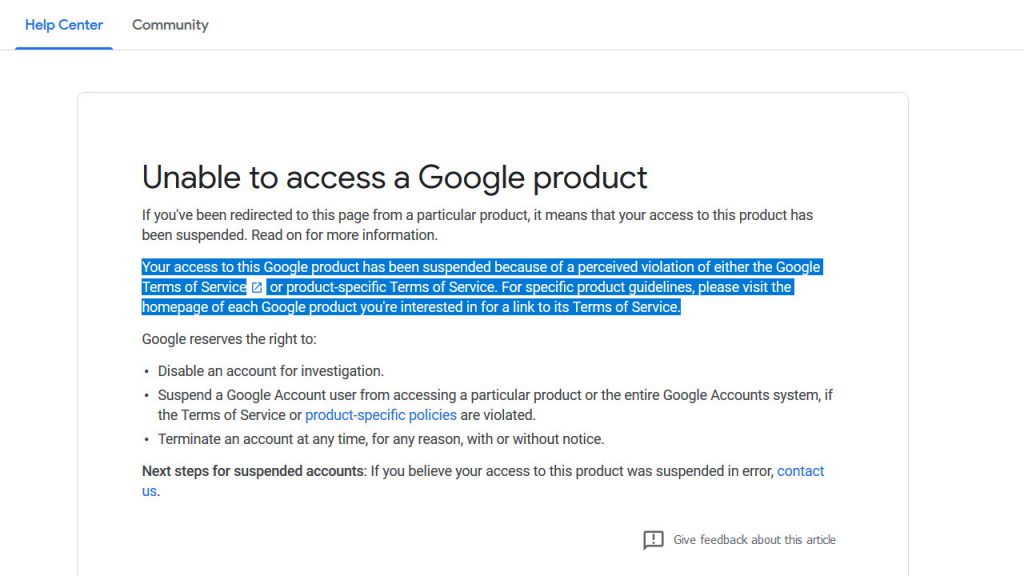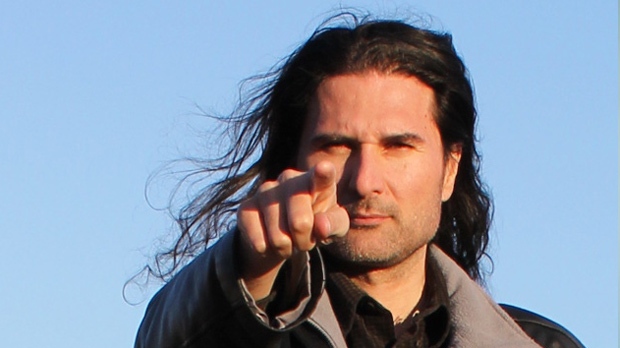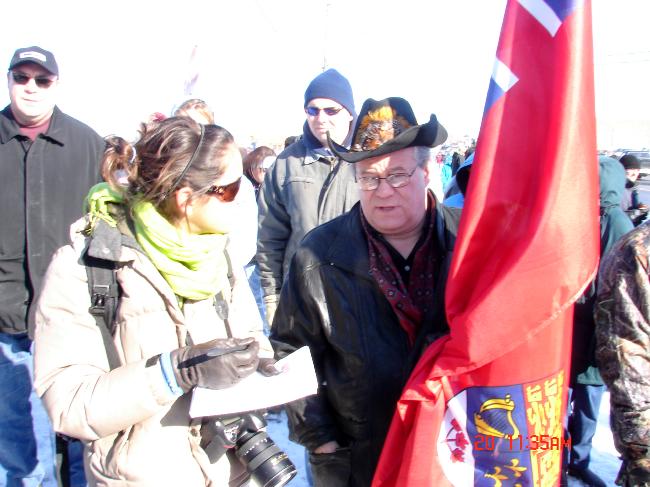Telegraph The Orwellian double-think of the woke elite blinds them to their own ridiculousness Both Cambridge and the Booker Prize claim to be defending free speech while simultaneously cancelling people they disagree withMADELINE GRANT28 June 2020 • 7:00amWith the Archbishop of Canterbury urging ecclesiastical iconoclasm with a vim not seen since the days of Thomas Cranmer, one could almost think the culture war’s excesses had lost their ability to shock. Yet last week produced two examples so blatant, so deranged and so shameless as to astonish even the most cynical observer.
Archbishop of Canterbury says Church needs to reconsider portraying Jesu…Statues in Canterbury Cathedral are also going to be looked at “very carefully” to see if they should be there, …
First, Cambridge University’s defence of Dr Priyamvada Gopal, a lecturer in postcolonial literature who sparked a (not unreasonable) public backlash after tweeting that “White lives don’t matter. As white lives”. Amid calls for her dismissal, Cambridge released a supportive message, apparently condemning “cancel culture” in all its forms:
Cambridge defends academic who said ‘white lives don’t matter’Dr Priyamvada Gopal, an expert in postcolonial literature, claimed her tweets were ‘speaking to a structure and …
“The university defends the right of its academics to express their own lawful opinions which others might find controversial and deplores in the strongest terms abuse and personal attacks”.Noble sentiments indeed, but it also happens to be a lie – and one so barefaced that it would almost be funny if it weren’t so tragic. Under a “progressive” new vice chancellor, Cambridge has led the way in appeasing the outrage mob. It has singularly failed to defend conservative academics such as the sociologist Noah Carl – summarily dismissed after an open letter from faculty members accused him of racism. It took university authorities just 48 hours to rescind Jordan Peterson’s visiting fellowship, while the students’ union claimed his “work and views” were “not representative of the student body”. Curiouser and curiouser. In claiming to value free speech (but only for certain opinions) Cambridge is guilty both of double standards, and double-think.
Intolerant zealots are strangling the intellectual freedom of our univer…Academics have a duty to win the debate, not stifle it
Jordan Peterson accuses Cambridge University of being ‘unprofessional’ a…The controversial professor Jordan Peterson has said Cambridge University is “unprofessional” after he found out…
Similar sleight of mind can be seen in the tragicomical conduct of Booker Prize organisers, who sacked their long-time patroness Baroness Nicholson as honorary vice-president for the “crimes” of voting against gay marriage in 2013, believing in biological sex and “misgendering” someone on Twitter. An equally Orwellian statement followed:
JK Rowling has ‘fallen in with the wrong crowd’, says trans activistFox Fisher said Rowling was ‘fearful’ of transgender people and needed to spend more time with them
“We deplore racism, homophobia and transphobia, and do not discriminate on any grounds. Literature is open, plural and questioning. We believe every author’s work should be approached by readers in the same spirit.”No satire could match this delicious declaration of support for openness and plurality of opinion, while sacking someone people disagreed with. Like adults who wear Crocs in public, they seem to have forgotten that we can see them.The double-think is as unsurprising as it is flagrant. Once-niche “critical theory” has infiltrated contemporary discourse, with its rejection of logic, reason and objective reality. And revolutionaries always become what they claim to abhor, like the French radicals who repressed formal religion and ended up worshipping an amorphous Cult of Reason, and replaced the judiciary with “people’s courts”. Today, we are similarly discovering what atrocities may be committed under the guise of the Rights of Man.Dominating every major wing of cultural life, small wonder that the Left feels so comfortable in its exquisite hypocrisies. Influential appointments have the ring of a cosy, quasi-incestuous club, a conveyor belt of Left-wing opinion linking Guardian editorships, heads of Oxbridge colleges, public health quangocrats and more. Readers may recall the popular game “Six Degrees of Kevin Bacon”, in which film buffs challenge each other to find the shortest path between an arbitrary actor and the prolific Bacon. A colleague suggests a version for the quangocracy; “Six Degrees of Shami Chakrabarti”.For how long can this state of affairs continue? Being obliged to parrot propaganda and declare the sky is pink to retain your livelihood is emotionally draining. Neither is it healthy for our institutions to be so consistently out of step with public opinion, overseen by a detached cultural elite that is only occasionally roused from its perch by a disobliging election or referendum result. Few of us wish to inhabit a monoculture, and the quality of artistic output is already suffering; take the Booker Prize’s own deterioration in the literary landscape.Worst of all, it will destroy genuine progress. In liberal California, presumably to pave the way for “affirmative action” measures, the legislature has just voted to strike anti-discrimination commitments from its constitution – a development that should terrify all thinking people. Britain is never far behind America and already ours is a topsy-turvy world, in which bullies feign victimhood, discrimination masquerades as social justice and “feminist” activists use the mantle of progressivism to hound women with impunity. Truly, we are through the looking glass now.
‘Political Correctness’ in the UK: Shut Down Discussion Before It Can Start
by Denis MacEoin
June 9, 2020 at 5:00 am
- Political
correctness, whatever its commendable origins in a wish to protect
minorities on a basis of race, sexuality, or religious belief, has come
to do great damage in its sometimes neurotic condemnation of anything
its advocates find offensive.
- Among
some individuals, the word “Islamophobe” seems to have replaced the
word Communist as sort of a new form of McCarthyism with which to smear,
defame and neutralize anyone with whom one might disagree — presumably
to shut down any kind of discussion before it can even start.
- While
it is appropriate to… bring in balanced Muslim opinions about how to
define “Islamophobia,” organizations with links to more radical Muslim
groupings are probably not the most helpful partners.
- Without
a serious debate on these issues, no one… can engage in comprehensive
discussions about how Western societies should handle the problems of
discrimination, integration, citizenship, free speech, secular values,
human rights and all the areas of our collective lives that have come to
the fore… in recent years.
- Trevor
Phillips is uniquely placed to bring light to these discussions. A
well-respected man in both British and international society, he should
never be shut down by anyone, especially for the ostensible sake of
political correctness.
| For
many years now, Trevor Phillips has been one of the most prominent
individuals of black ancestry in the United Kingdom. A well-respected
man in both British and international society, he should never be shut
down by anyone, especially for the ostensible sake of political
correctness. Pictured: Phillips in 2010. (Photo by Oli Scarff/Getty
Images) |
For many years now, Trevor Phillips OBE has
been one of the most prominent individuals of black ancestry in the
United Kingdom. He is a multitalented individual who has played
significant roles in business, politics, journalism, and more throughout
a long life (he is now 66). A full list of his achievements would take
up most of this article. Here are only a few examples:
He was,
until June 2018, the President of the John Lewis Partnership, Europe’s
largest employee-owned company. He has also Chairman of Index on Censorship,
the international campaign group for freedom of expression, and was
founding chair of both the Greater London Authority, and of Britain’s
Equality and Human Rights Commission. Originally chair of the Commission
for Racial Equality, and as head of the EHRC, Phillips was a
controversial figure: he was an opponent of multiculturalism, apparently
preferring a more constrained policy towards integration, a view he
still maintains. Although a member (until recently) of the left-wing
Labour party, he is still a senior fellow with the leading Conservative
think tank, Policy Exchange.
Shockingly, on March 9, Phillips was suspended from
the Labour Party on the grounds of “Islamophobia.” That this exclusion
is shocking should be obvious given the man’s long history of
anti-racism, principled and critical support for national
counter-terrorist laws, rejection of Islamic terrorism and
Muslim rape gangs, and his focus on faith-based integration. This
latter is discussed in his 2016 book for the Civitas think tank, Race and Faith: The Deafening Silence.
As
chairman of Index on Censorship, Phillips has a policy largely derived
from the First Amendment of the US Constitution, in order to permit
freedom of speech and the press. Although there are some restrictions in
the UK regarding hate speech and national security, free speech remains
a broad principle. It is here that Phillips apparently fell afoul of
“politically correct” criticism.
“Political correctness”, whatever
its commendable origins in a wish to protect minorities on a basis of
race, sexuality, or religious belief, has come to do great damage in its sometimes neurotic condemnation of anything its advocates find offensive.
For
many, especially, it seems. on the left, the notion of what is called
“Islamophobia” has come to the fore as the perfect expression of
politically correct speech and writing. This acceptance seems to have
taken place despite the appalling use of anti-Semitic hate speech and
anti-Jewish activism before and during the era of Jeremy Corbyn’s leadership of
Britain’s Labour Party. One is inclined to think of pots calling
kettles black. If the politically correct can get it so wrong about
antisemitism, may they not be equally wrong about “Islamophobia”?
It is not hard to define antisemitism if we are guided by the Working Definition given
by the International Holocaust Remembrance Alliance, but defining
Islamophobia is fraught with difficulties. That it exists in some form,
as do most prejudices, is hardly controversial. In the UK alone, 2018
saw a record number of attacks on Muslims, sometimes, not surprisingly, in response to Muslim attacks on non-Muslims.
In
2019, an Australian, Brenton Tarrant, murdered 51 Muslims in attacks on
two mosques in Christchurch, New Zealand — crimes to which he has now pled guilty.
Such attacks, and often the speech that goes with them, reflect a
deep-seated racism and bigotry that is rightly condemned across most
countries. Less violent but equally unacceptable is the persecution of its Uighur population by China’s Communist Party.
It
should go without saying that Trevor Phillips — and often many people
accused of seemingly the most innocuous transgressions, such as a
British teacher in the Sudan naming a children’s teddy bear Mohammed, or
in present-day Nigeria, simply being a Christian — bears no
resemblance to any of these.
In 2016, before the current row, Gatestone Senior Fellow Douglas Murray penned an article in the Spectator expressing
admiration for Phillips and defending him against early accusations of
Islamophobia. Yet, four years on, he has been termed an “Islamophobe” by
a major political party and many in the press.
Among some individuals, the word “Islamophobe” seems to have replaced
the word Communist as sort of a new form of McCarthyism with which to
smear, defame and neutralize anyone with whom one might disagree —
presumably to shut down any kind of discussion before it can even start.
Phillips
himself has worked alone and with colleagues on the problems
surrounding the definition of Islamophobia. In 2018, he wrote the
foreword to Policy Exchange’s response to an extremely flawed definition from the UK’s All Party Parliamentary Group (APPG) on British Muslims. The definition had been heavily criticized, not least by the police, for undermining free speech and counter-terrorism work. Phillips supported the author, Sir John Jenkins KCMG,
who exposed the risks to free speech and a healthy democracy if the
APPG report were to become law. The following year, Phillips — with
Jenkins and Dr. Martyn Frampton — wrote for the same think tank a piece entitled, On Islamophobia: A Problem of Definition. In it, he differed materially from the views of Nathan Lean, the left-wing author of The Islamophobia Industry: How the Right Manufactures Fear of Muslims, who takes even the mildest criticism of Islam or Muslims as Islamophobic in nature.
One
of the concerns expressed in Phillips’s responses to the APPG lay in
the fact that the parliamentarians involved might have allowed
themselves to be influenced too broadly by Muslim lobbies that seemed
not truly representative, such as the Muslim Council of Britain and the Muslim Engagement and Development group (MEND).
While
it is appropriate to recognize Jewish contributions to definitions of
antisemitism (such as the internationally supported IHRA version
mentioned above) and to bring in balanced Muslim opinions about how to
define Islamophobia, organizations with links to more radical Muslim groupings are
most likely not the most helpful partners. To eradicate hatred for
balanced and peace-loving Muslims, it is probably not all that
productive totally to avoid references to Islamic radicalism or issues
surrounding women’s rights, treatment of non-Muslims, prescribed
punishments, treatment of children, and blasphemy to name but a few —
which is what more traditionalist Muslims might prefer we did.
Without
a serious debate on these issues, no one — from schools to political
parties, think tanks, parliaments, churches and synagogues — can engage
in comprehensive discussions about how Western societies should handle
the problems of discrimination, integration, citizenship, free speech,
secular values, human rights and all the areas of our collective lives
that have come to the fore with the revival of radical and
traditionalist Islam in recent decades.
Trevor Phillips is
uniquely placed to bring light to these discussions. A well-respected
man in both British and international society, he should never be shut
down by anyone for the ostensible sake of political correctness.
Following Labour’s condemnation of Phillips as a supposed “Islamophobe”, Policy Exchange published another piece The Trial: The strange case of Trevor Phillips,
again by Frampton, in which he dissected the charge raised against
Phillips. In the end, it appears that however many enemies Phillips may
have, he is assured of having many friends. This conclusion is reflected
in that the UK government has just appointed him as an advisor to a formal inquiry into the disproportionate number of deaths from Covid-19.
Dr.
Denis MacEoin is a former British university lecturer in Islamic
Studies and a Distinguished Senior Fellow with the Gatestone Institute.

